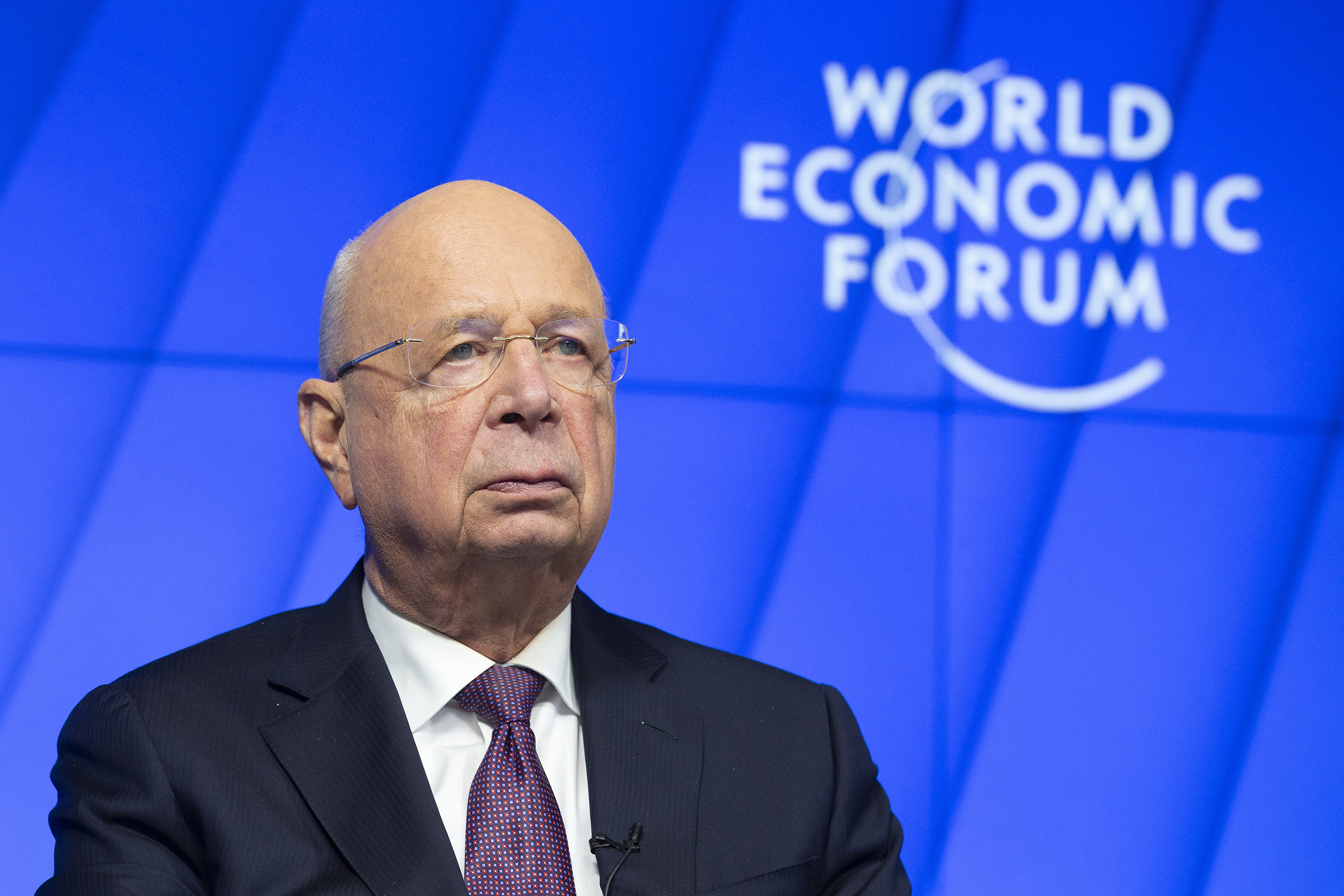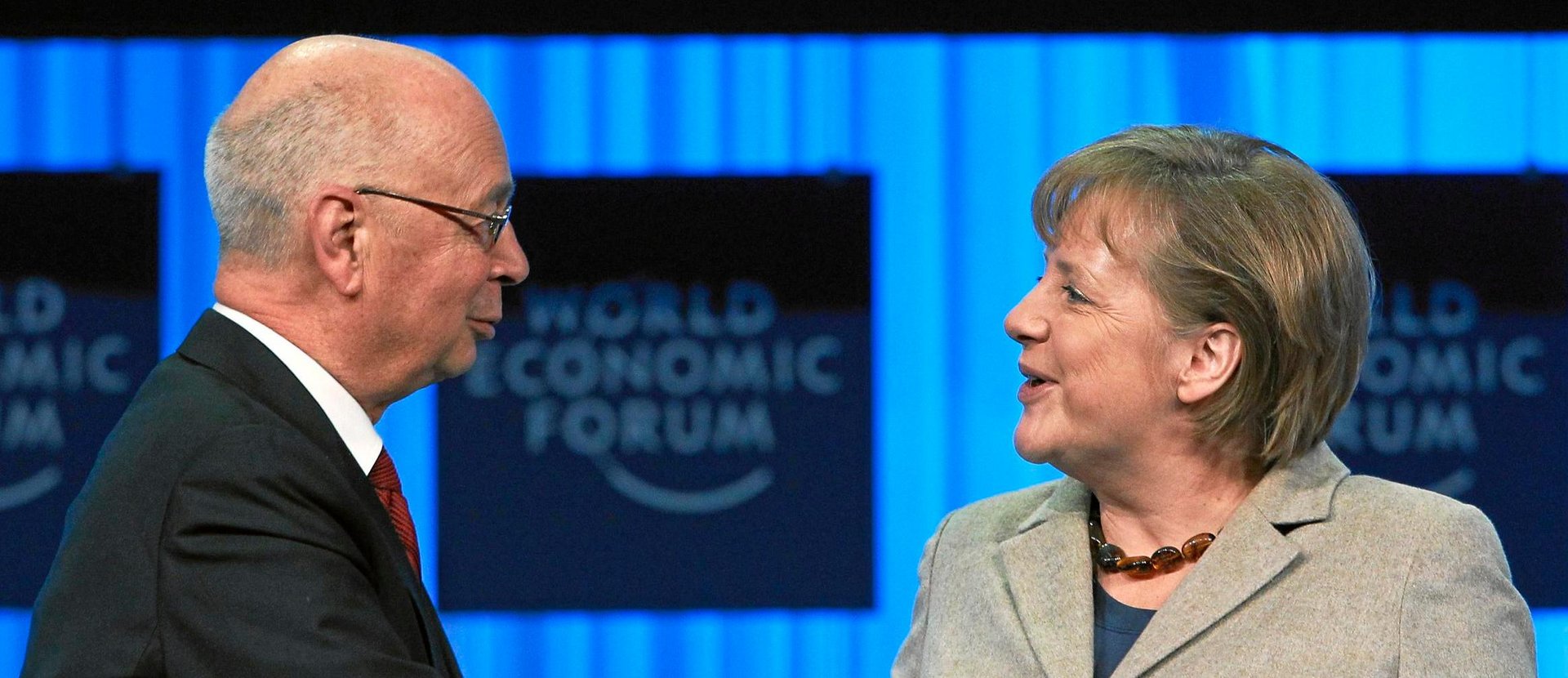Klaus Schwab and the WEF’s Impact

Klaus Schwab and the WEF's Impact
Shaping a Global Agenda for Positive Change
In a world characterized by rapid technological advancements, shifting economic landscapes, and complex global challenges, the visionary leadership of Klaus Schwab has played a pivotal role in driving conversations and initiatives that shape our collective future. As the founder and executive chairman of the World Economic Forum (WEF), Klaus Schwab has led an organization that has become synonymous with fostering collaboration, innovation, and positive change on a global scale. This article delves into the life, accomplishments, and impact of Klaus Schwab and the World Economic Forum.

A Visionary’s Genesis: The Early Years of Klaus Schwab
Klaus Martin Schwab was born on March 30, 1938, in Ravensburg, Germany. His early life was marked by a deep interest in engineering and economics, which eventually led him to pursue a doctorate in business administration. Schwab’s academic journey laid the foundation for his vision of creating a platform that would facilitate dialogue and cooperation among leaders from various sectors to address pressing global challenges.
The Birth of the World Economic Forum: A Catalyst for Change
In 1971, Klaus Schwab established the European Management Forum, which later evolved into the World Economic Forum. The initial aim was to provide European business leaders with an opportunity to exchange ideas and strategies. However, Schwab’s vision transcended regional boundaries. Recognizing the interconnectedness of global challenges, he expanded the forum’s scope to encompass political, economic, and social issues of global significance.

The Forum’s Distinctive Approach: Multistakeholder Collaboration
Under Klaus Schwab’s guidance, the WEF introduced the concept of multistakeholder collaboration—a platform where business, government, civil society, academia, and international organizations could come together to collectively address global issues. This unique approach shattered traditional silos and promoted holistic solutions that leveraged diverse perspectives.

Annual Meetings in Davos: A Global Gathering of Minds
The annual meetings in Davos, Switzerland, have become synonymous with the WEF’s work. These gatherings bring together leaders from various sectors to engage in open dialogues, share insights, and brainstorm innovative solutions. From heads of state to CEOs, academics to activists, the Davos meetings offer a unique space for cross-sectoral exchange and collaboration.
Initiatives and Impact: Addressing Global Challenges
Klaus Schwab’s commitment to addressing pressing global challenges is evident through the WEF’s initiatives. The organization has launched programs that tackle diverse issues, including climate change, gender parity, technology ethics, and healthcare access. These initiatives not only generate awareness but also foster concrete actions that drive positive change.
The Fourth Industrial Revolution: Navigating Technological Transformation
Klaus Schwab‘s foresight extends to recognizing the transformative potential of the Fourth Industrial Revolution—an era marked by technological breakthroughs such as artificial intelligence, automation, and biotechnology. Schwab’s book “The Fourth Industrial Revolution” outlines how societies can harness these technologies to create inclusive and sustainable progress.
Global Citizenship: A Call to Action
Klaus Schwab’s vision of global citizenship emphasizes the interconnectedness of our world and the responsibility that individuals and organizations have in shaping it. His emphasis on stakeholder capitalism—an approach that prioritizes the well-being of all stakeholders, not just shareholders—highlights the importance of sustainable and inclusive business practices.
Legacy and Influence: Shaping the Agenda for Years to Come
Klaus Schwab’s leadership and the enduring impact of the World Economic Forum have positioned him as a thought leader and changemaker. His advocacy for global cooperation, sustainable development, and innovation continues to inspire leaders across sectors to drive meaningful change.
Conclusion: Pioneering a New Paradigm
Klaus Schwab‘s journey from a visionary academic to the founder of the World Economic Forum showcases the transformative power of dedicated leadership. Through his work, he has created a platform that transcends national boundaries, fosters collaboration, and catalyzes positive change. Schwab’s legacy serves as a reminder that visionary leadership, coupled with a commitment to multistakeholder collaboration, can pave the way for a more equitable, prosperous, and sustainable world—one that reflects the values of global citizenship and embraces the challenges and opportunities of the future.
#klaus schwab#Klaus Schwab’s#World Economic




